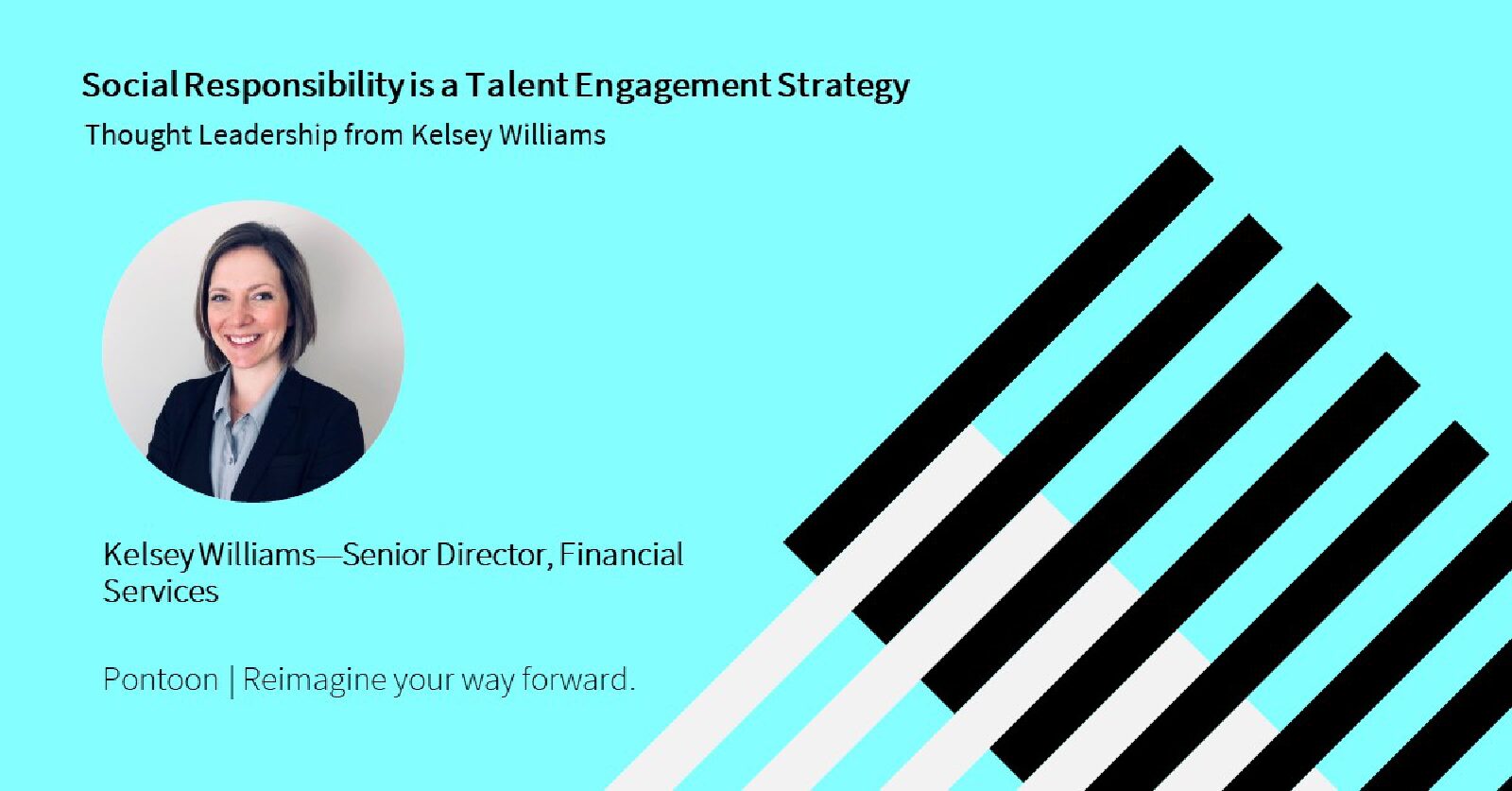Hiring people with disabilities: Best practices from France
Imagine there is something hindering people from being their best at work every day.
Imagine that in 80% of cases, outsiders can’t see what it is.
Reports show that disabilities are visible only in 1 out of 5 cases, and often we may not realise our colleagues are impacted. With all impairments – physical, psychological, or both – it’s crucial to acknowledge, understand, and accommodate them. Supporting the employability of people with disabilities is a business imperative and one of the hallmarks of an inclusive and purposeful workplace.
Start with culture and conviction
A major obstacle to equal employment for disabled persons is that recruiters and hiring managers often focus solely on the disability, overlooking talent potential. Removing this bias requires deliberate effort on company culture and continuous individual work. Before considering large-scale inclusive actions, we must focus on immediate changes at our own level.
Attracting all types of talent should be a top priority if we want to make the future work for everyone. If somebody is visually impaired, this only means they might need help with a dedicated IT setup. It has nothing to do with how well they’ll do their job. A form of autism might make it harder for someone to socialise and connect. However, it is in no way related to lower productivity.
Hiring people with disabilities gives you access to a valuable pool of untapped talent. Persons with disabilities can help stabilise the workforce and close the skill gaps. Meanwhile, they make up 15% of the global population but remain hugely underemployed.
Best practices for hiring people with disabilities: The French labour market
In the European market, France is one of the leaders regarding equal employment rights. In 2016, the French government updated the Disability Act with related employment regulations. The legislation introduced a 6% disabled employees hiring quota for firms with 20 workers or more. Employers can hire people with disabilities directly, subcontract, or pay a contribution fee to an organisation that uses the funds to expand professional inclusion in the workplace.
European Week for the Employment of People with Disabilities
In 2018, France also launched what is now an annual event, the European Week for the Employment of People with Disabilities (WEEPD). This initiative raises awareness and focuses on enabling access to the job market for everyone. DuoDay is one of the programmes organised as part of WEEPD, with significant engagement from both the public and private sectors. The programme leaders leverage a tech platform to match persons with disabilities with potential employers and facilitate a visit to the firm’s premises. In 2021, 9,110 employers and 30,165 people with disabilities registered on the duoday.fr platform, resulting in 17,000 duo pairs created.
Notably, Adecco and Pontoon France participate actively in DuoDay and other employability actions. During a webinar hosted recently by the Adecco Group to promote inclusive employment, Lilia Benchabane, a comedian who has visual impairment, shared a simple yet profound statement. “I don’t get up in the morning and think of myself as having a disability. I get up and think of myself as someone who will achieve something today.”
And that’s the thing – we must see people with disabilities for their potential and everything they have to offer.
Path to inclusive employment
The first, very pragmatic step is to start the dialogue. Fear of the unknown often makes us hesitant to engage individuals with a disability. We worry about the complexity of possible accommodations and consequently drop the idea altogether. Instead, we can liaise with institutions dedicated to disability employment for more insight before setting up a programme in our organisation. Visibility creates awareness, and awareness creates understanding.
The second step is to meet the individuals with disability exactly where they are. We discuss the importance of a user or consumer experience in many industries, and we can follow a similar approach here. Providing disabled individuals with a great employee experience – from the recruitment process through onboarding to talent management – will always increase engagement and amplify positive outcomes for both sides.
Of course, one size doesn’t fit all. Always be ready to allow for flexible work setups regarding physical spaces and how you organise the type of work. Each person is unique, and employers must accommodate individual needs when hiring people with disabilities. Rather than considering it as a limitation, we should recognise every individual’s potential and the benefits they can bring to the organisation.
Related Post
Building a comprehensive corporate social responsibility strategy
Corporate social responsibility (CSR) is increasingly becoming a cornerstone of modern business strategies, driving organisations to adopt more human-centric and people-focused approaches. Socially responsible ...




